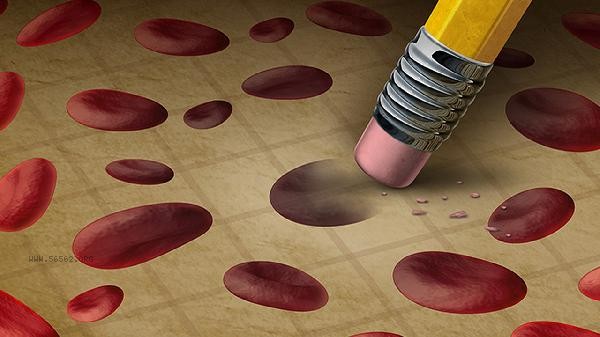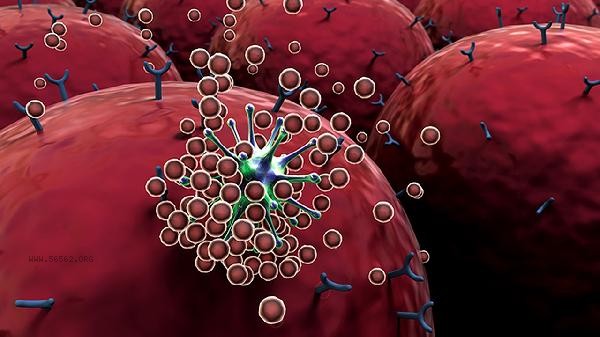A high neutrophil count in children usually indicates the presence of infection or inflammatory reactions in the body, mainly related to bacterial infections, stress reactions, drug effects, blood diseases, vigorous exercise, and other factors.

1. Bacterial infection:
Neutrophils are the main immune cells in the human body that fight against bacterial infections. When children develop bacterial diseases such as tonsillitis, pneumonia, and urinary tract infections, the bone marrow accelerates the release of neutrophils into the bloodstream, leading to an increase in test values. This type of situation is usually accompanied by symptoms such as fever, local redness and swelling, and requires comprehensive judgment based on indicators such as C-reactive protein.
2. Stress response:
Stress states such as trauma, surgery, and burns can stimulate the secretion of adrenal cortex hormones, prompting neutrophils to enter the circulatory pool from the marginal pool of blood vessels. This physiological elevation is usually transient and gradually returns to normal within 24-48 hours after the stressor is eliminated, without the need for special treatment.
3. Drug effects:

Corticosteroid drugs such as prednisone and dexamethasone can directly stimulate bone marrow hematopoietic function, leading to neutrophil proliferation. Some antiepileptic drugs such as carbamazepine may also cause drug-induced granulocytosis. After discontinuing the medication, the blood count can usually recover on its own, and regular monitoring of changes in blood routine should be conducted during the medication period. 4. Hematological disorders: Chronic myeloid leukemia, myelodysplastic syndrome, and other hematopoietic system diseases can lead to abnormal proliferation of granulocytes. This type of condition is often accompanied by persistent emaciation, splenomegaly, and an increase in immature granulocytes, and requires differential diagnosis through bone marrow aspiration.
5. Intense exercise: After high-intensity exercise, there may be a temporary increase in neutrophils, which is related to the release of inflammatory factors and adrenaline secretion from muscle injury. It is recommended to avoid vigorous activity before blood collection and rest for 30 minutes before testing to reduce errors. When high levels of neutrophils are found in children, it is recommended to improve the detection of inflammatory indicators such as C-reactive protein and procalcitonin, and observe whether there are accompanying symptoms such as cough and diarrhea. Pay attention to maintaining a balanced diet in daily life, and increase the intake of fruits and vegetables rich in vitamin C, such as kiwifruit and oranges, to avoid overexertion. If the values remain abnormal or accompanied by symptoms such as high fever and mental fatigue, it is necessary to seek medical attention promptly to investigate possible blood system diseases. Regular blood routine check ups help to dynamically observe changes in the patient's condition.










Comments (0)
Leave a Comment
No comments yet
Be the first to share your thoughts!